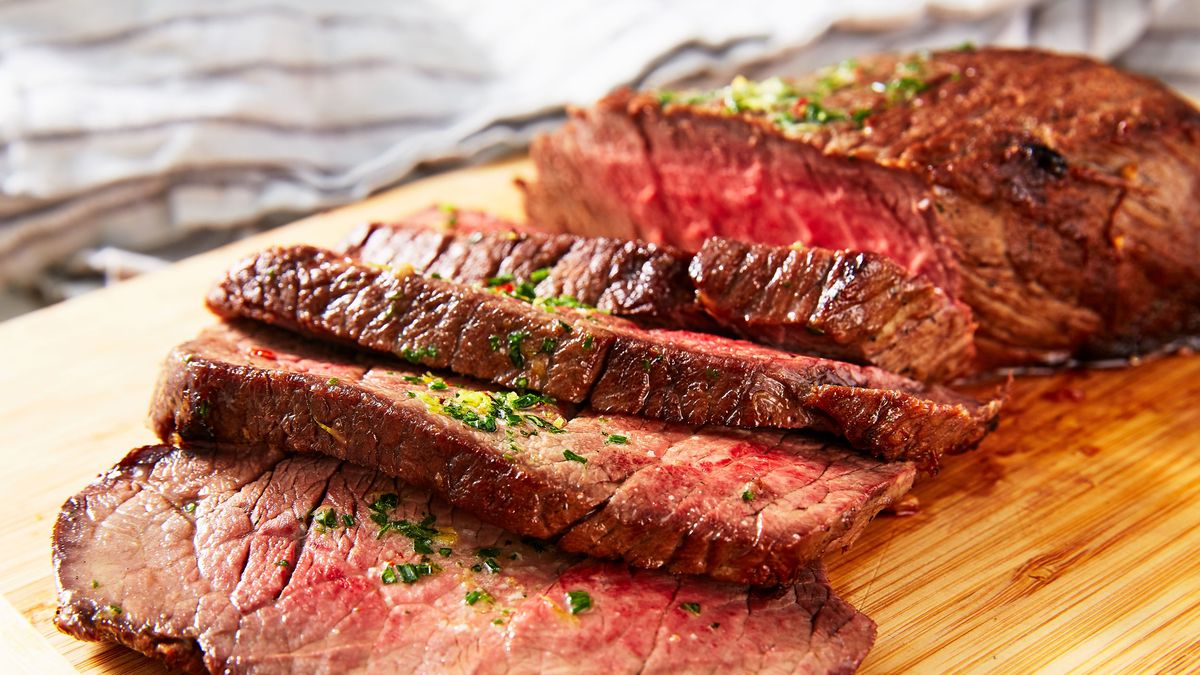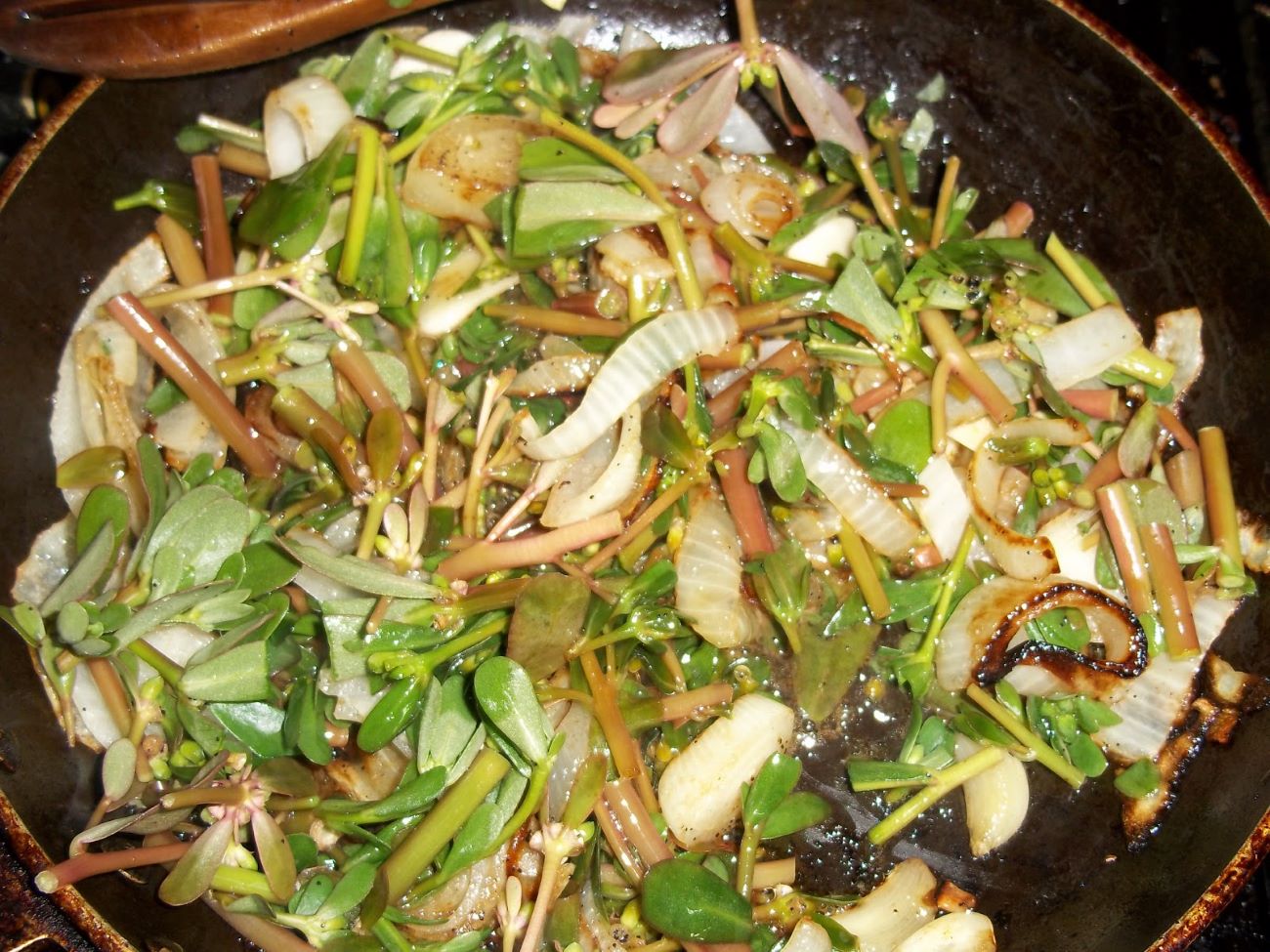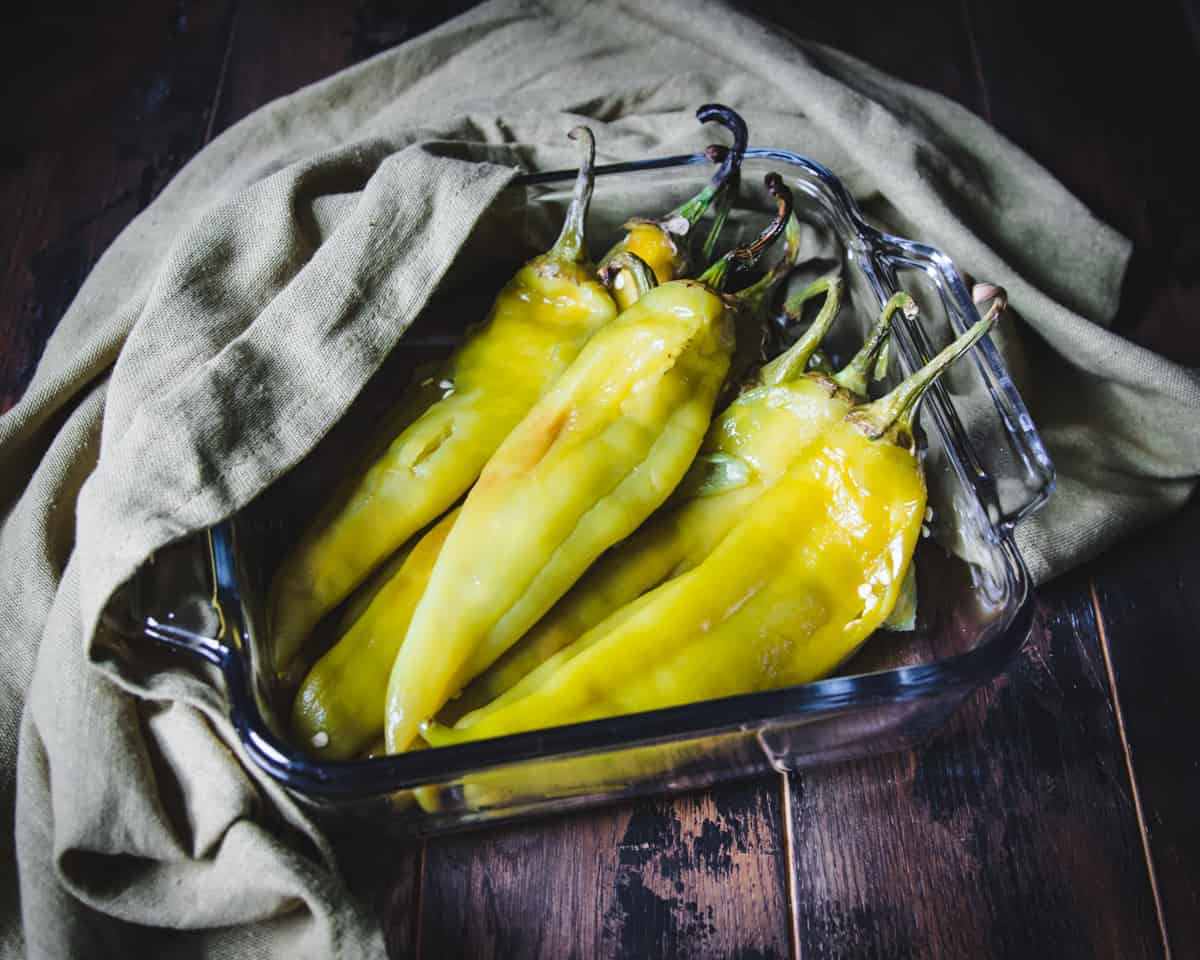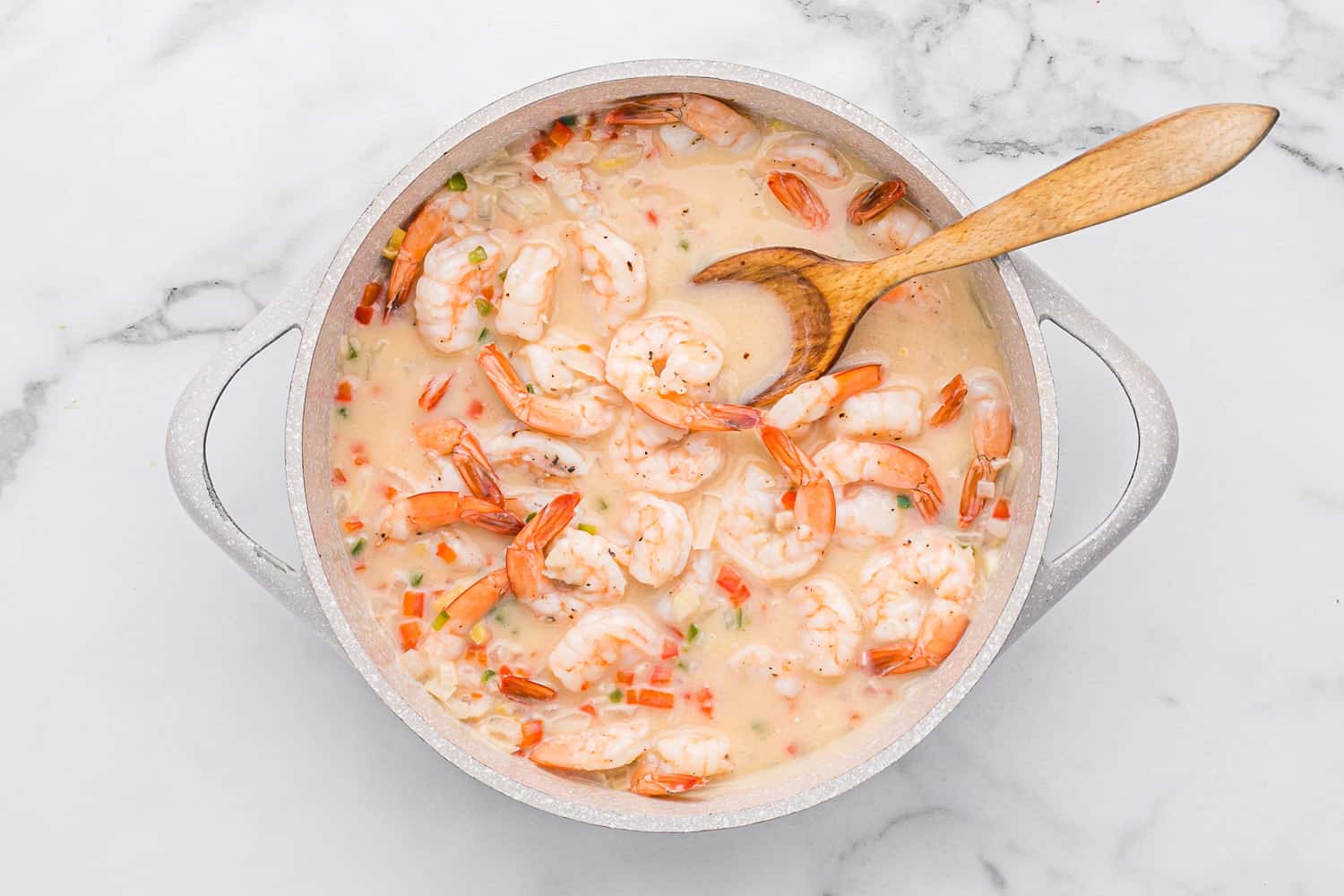Discover the Delightful Art of Cooking Wild Rockfish
Welcome to our culinary journey where we uncover the mouthwatering secrets of cooking wild rockfish, a delectable fish that will tantalize your taste buds. Whether you are an experienced chef or a novice in the kitchen, we will guide you through simple and delicious recipes that will showcase the natural flavors of this oceanic delight.
Why Choose Wild Rockfish?
Before we dive into the cooking process, let’s first understand why wild rockfish is a fantastic choice for your next seafood dish. Here are a few reasons to consider:
- Rich in nutrients: Wild rockfish is packed with essential vitamins, minerals, and Omega-3 fatty acids, which are beneficial for your overall health.
- Sustainable option: Opting for wild-caught rockfish supports sustainable fishing practices, helping to maintain a healthy marine ecosystem.
- Versatile in recipes: Whether grilled, pan-fried, or baked, wild rockfish adapts well to various cooking methods and pairs deliciously with a wide range of flavors.
Choosing and Preparing Your Wild Rockfish
When selecting your wild rockfish, look for bright, clear eyes and shiny skin, indicating freshness. The flesh should be firm to the touch and devoid of any strong odor. Once you’ve brought your fresh catch home, follow these simple steps for preparation:
- Rinse the fish under cold water to remove any impurities.
- Pat it dry with paper towels to ensure a crispy outer texture.
- If desired, season the rockfish with your favorite herbs and spices for added flavor.
Delicious Recipes to Try
Now that your wild rockfish is ready for cooking, let’s explore some mouthwatering recipes that will impress your friends and family:
1. Grilled Rockfish with Lemon-Herb Butter
This recipe combines the smoky flavors of the grill with a zesty lemon-herb butter to create a perfectly balanced dish. Here’s how to prepare it:
- Preheat your grill to medium heat.
- Season the rockfish with salt, pepper, and a squeeze of fresh lemon juice.
- Grill the fish for about 4-6 minutes per side until it is opaque and flakes easily with a fork.
- In a small bowl, mix softened butter with chopped fresh herbs, such as dill or parsley, and a tablespoon of lemon zest.
- Once the fish is cooked, top it with the lemon-herb butter and let it melt over the warm fillets.
- Serve immediately and enjoy!
2. Pan-Fried Rockfish with Garlic and Herbs
This recipe highlights the delicate flavors of rockfish, enhanced by the aromatic combination of garlic and herbs. Here’s how to prepare it:
- In a large skillet, heat olive oil over medium-high heat.
- Season the fish with salt, pepper, and a sprinkle of dried herbs, such as thyme or rosemary.
- Sauté the rockfish for about 3-4 minutes on each side until it turns golden brown.
- Add minced garlic to the skillet and cook for an additional minute.
- Remove the fish from the pan and serve it immediately with a squeeze of fresh lemon juice.
Get Creative with Wild Rockfish
Now that you’ve discovered these two delightful recipes, don’t be afraid to get creative with your cooking. Wild rockfish can be added to various dishes like fish tacos, seafood stir-fries, or even hearty fish stews. Let your culinary imagination soar!
The next time you’re in the mood for a seafood feast, consider cooking wild rockfish. With its versatility and delicious flavor profile, it’s sure to become a staple in your kitchen. Happy cooking!
1. Season the fish with salt, pepper, and any other desired spices.
2. Heat a skillet with some oil over medium-high heat.
3. Place the fish in the skillet and cook for about 3-4 minutes per side until it is golden brown and cooked through.
4. Squeeze fresh lemon juice over the fish before serving.
You can pair it with a side of roasted vegetables or a fresh salad for a complete meal.
Was this page helpful?
Read Next: How To Cook Hamburger In Instant Pot











